Fuel delivery
From the Blog
-

Cut Construction Costs with Mobile Fueling
Mobile fueling mitigates construction costs by minimizing refueling downtime, boosting productivity, preventing fuel theft, and reducing labor and administrative expenses through on-site service and digital tracking as of December 2025. It also ensures compliance with OSHA, EPA, and NFPA safety regulations. Fuel inefficiencies go under the radar on construction sites, though they consume time and…
-
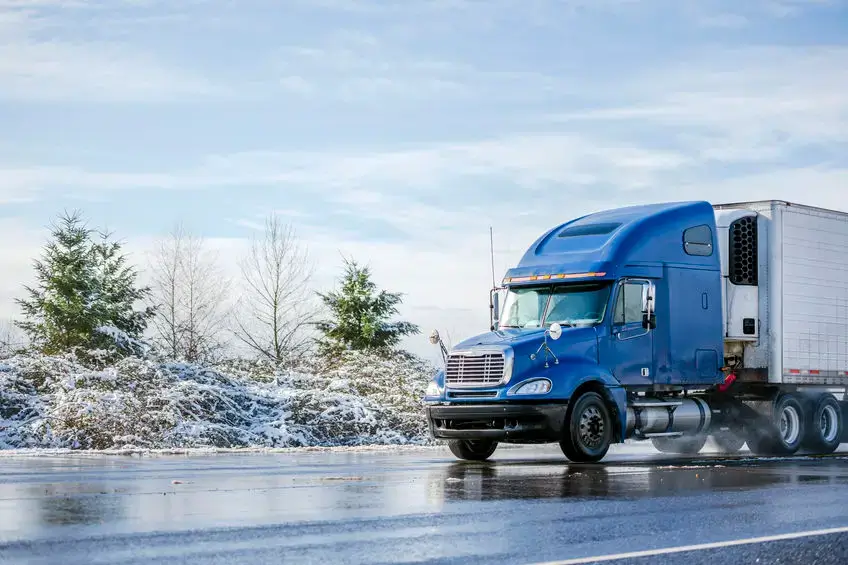
Fuel Logic Offers 24/7 Fuel Hauling Services Nationwide
Fuel Logic offers 24/7 on-site fuel delivery across all states, supplying diesel, gas, and DEF to fleets, job sites, and equipment, which includes regular diesel, dyed diesel, gasoline, and Diesel Exhaust Fluid. This service aims to cut downtime and boost operational efficiency for industries like construction, transportation, and emergency services. In logistics, downtime hits your…
-
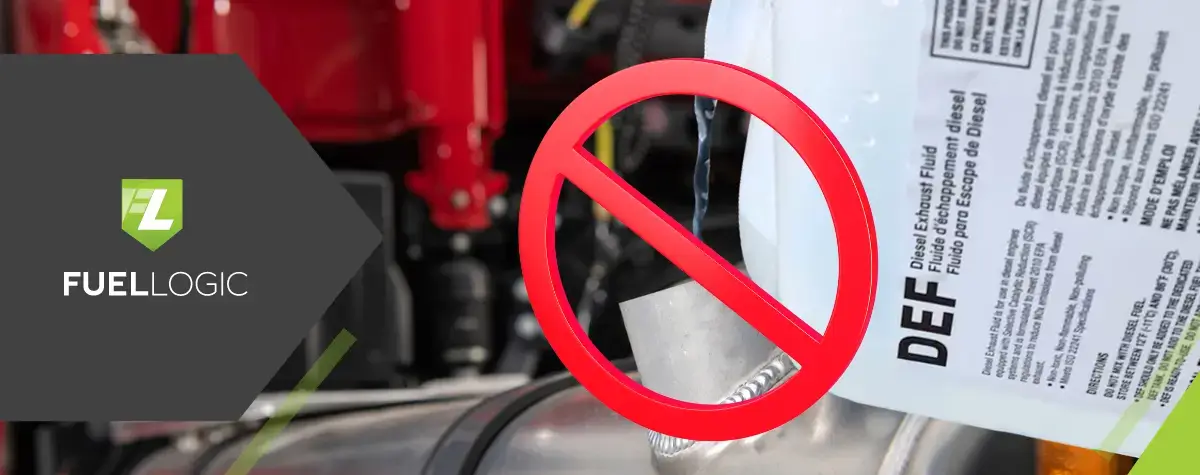
DEF in Diesel Tank: What You Need To Know
Putting DEF in a diesel fuel tank can cause severe engine damage by corroding metal parts and clogging fuel filters and injectors with crystallized deposits, and standard vehicle insurance typically does not cover this operator error due to DEF’s urea and deionized water composition reacting chemically with engine components. Diesel engines power many areas of…
-

Fuel Blending: Blended vs Unblended Fuels Explained
The main difference between blended and unblended fuels is that blended fuels mix different fuel types to improve emissions and cost efficiency, while unblended fuels offer higher octane and purity. Fuel blending also influences engine performance, environmental footprint, and overall cost-effectiveness. Fuel blending, the process of combining different fuels, impacts engine performance, environmental footprint, and…
-
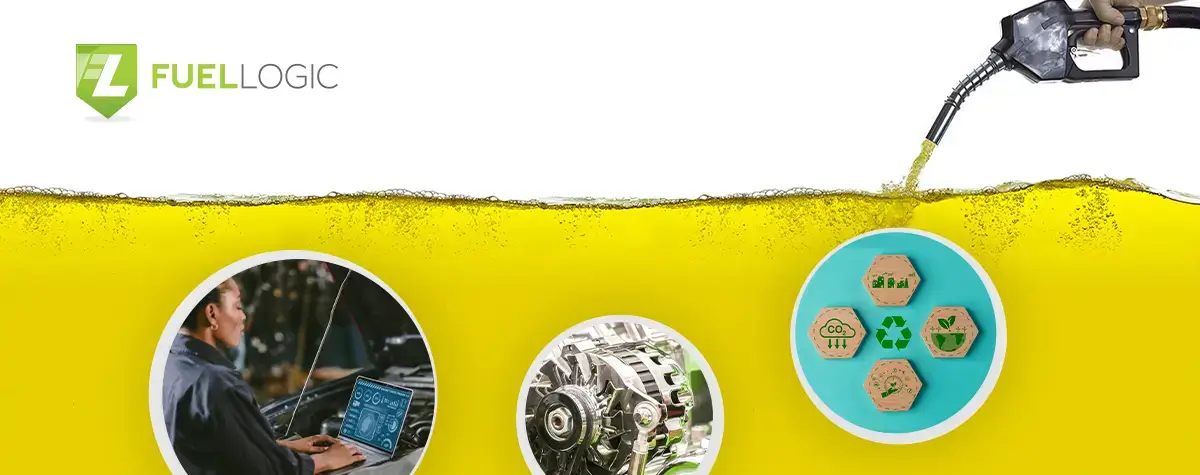
What Is Quality Fuel and Why Is It Important?
Quality fuel adheres to strict standards, ensuring efficiency, low emissions, and engine longevity by being free of contaminants and having high energy content. It meets specific standards and specifications, has a high octane or cetane number, and is crucial for consistent machinery performance, minimizing downtime, and maximizing productivity. From gasoline to diesel, fuel quality plays a…
-
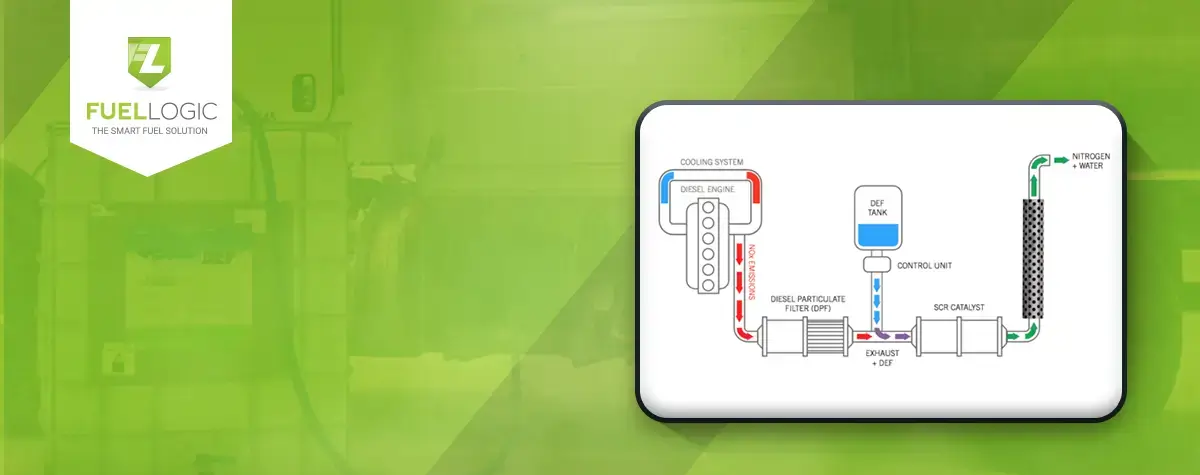
What is DEF? How Does DEF Fluid Work in Diesel Engines
Diesel Exhaust Fluid (DEF) is a non-toxic liquid, primarily 32.5% urea and 67.5% deionized water, used in diesel engines to reduce harmful nitrogen oxide (NOx) emissions. In 2024, DEF is injected into the exhaust stream and, through Selective Catalytic Reduction (SCR), converts NOx into harmless nitrogen and water vapor, thus helping engines meet strict environmental…
-
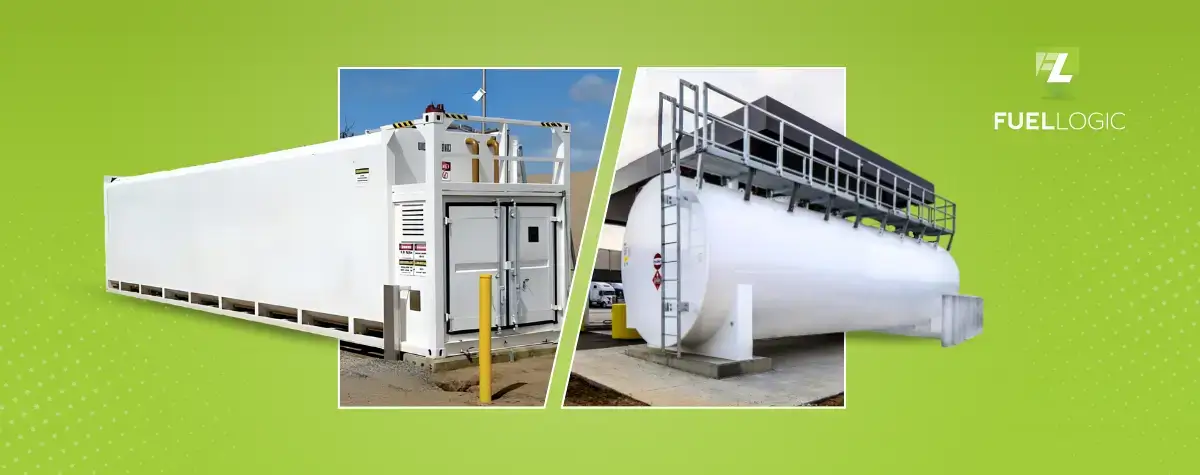
Cube Style or Cylindrical Fuel Tank: What’s the difference?
Cube fuel tanks, characterized by their cubic shape, are space-saving, stackable, and easily maneuverable with forklift pockets, often featuring enhanced security and stability. In contrast, cylindrical fuel tanks, with their traditional design, offer stability, durability, versatility in storage, and are often more cost-effective due to standardized manufacturing processes. Selecting the right fuel tank is crucial…
-

How Much Fuel Can You Transport Without a HAZMAT Endorsement?
Drivers can transport up to 119 gallons of fuel per container, with a maximum of 1,000 gallons total on one vehicle, without a HAZMAT endorsement, provided the fuel is in non-bulk containers and labeled as a combustible liquid. Transporting more than these limits or in bulk tanks requires a HAZMAT endorsement. You cannot carry more…
-
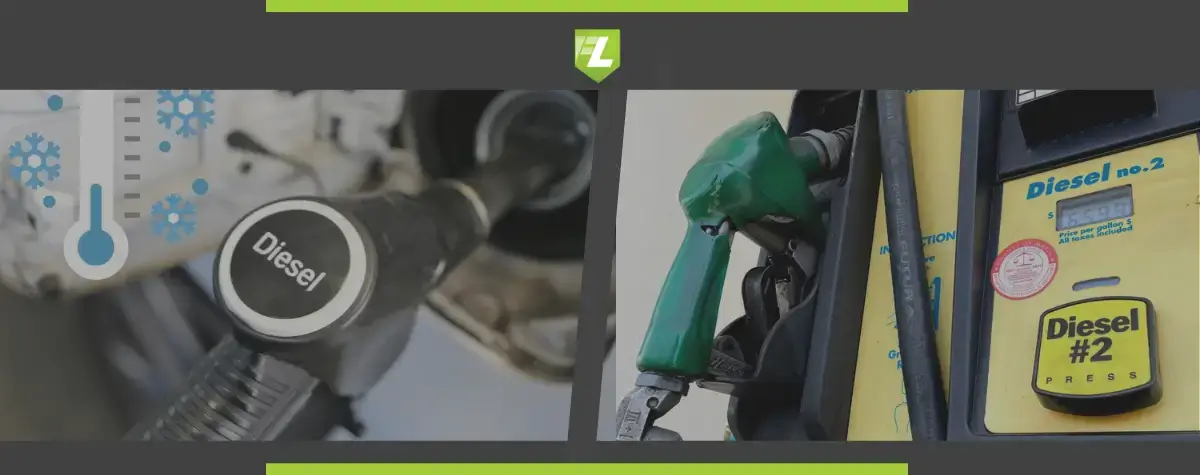
The Key Differences Between Diesel Fuel: Diesel 1 vs Diesel 2 Fuel
The main difference between Diesel #1 and Diesel #2 fuel is that Diesel #2, ideal for heavy-duty trucks, is denser in energy, more commonly available, and generally more cost-effective for warmer climates, while Diesel #1 is more refined, thinner, and better suited for cold weather and easier engine starts due to its lower gel point.…


